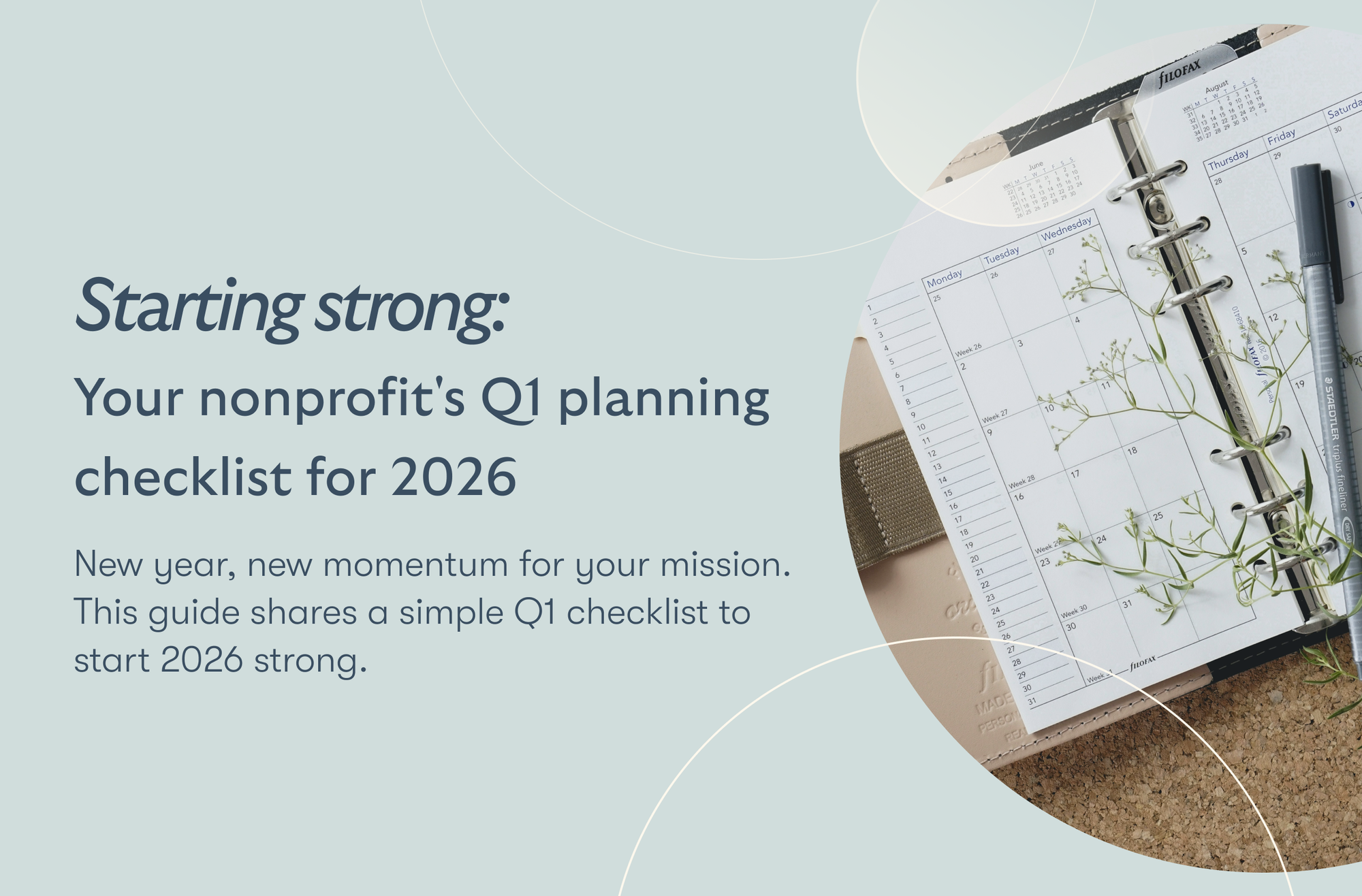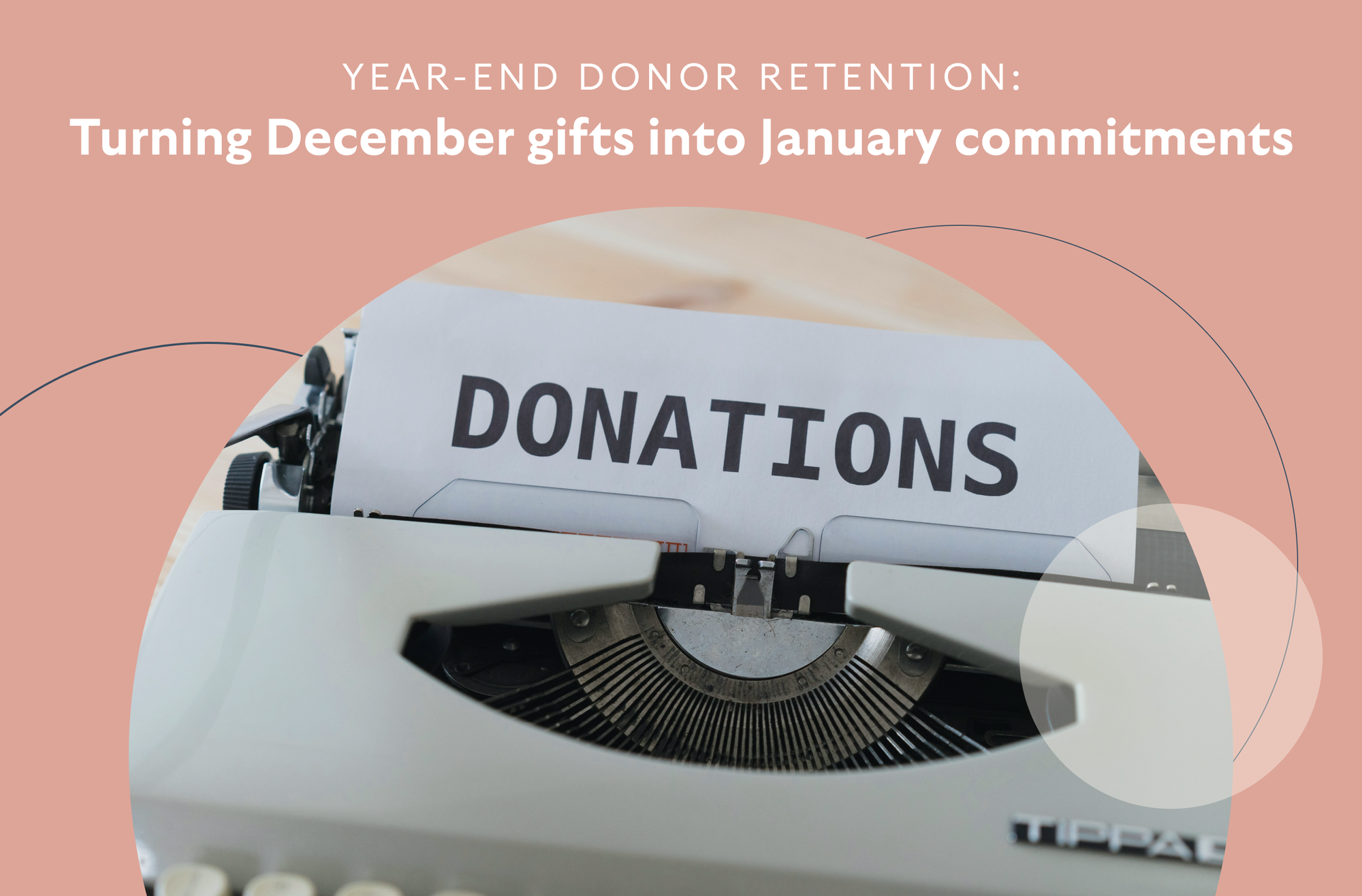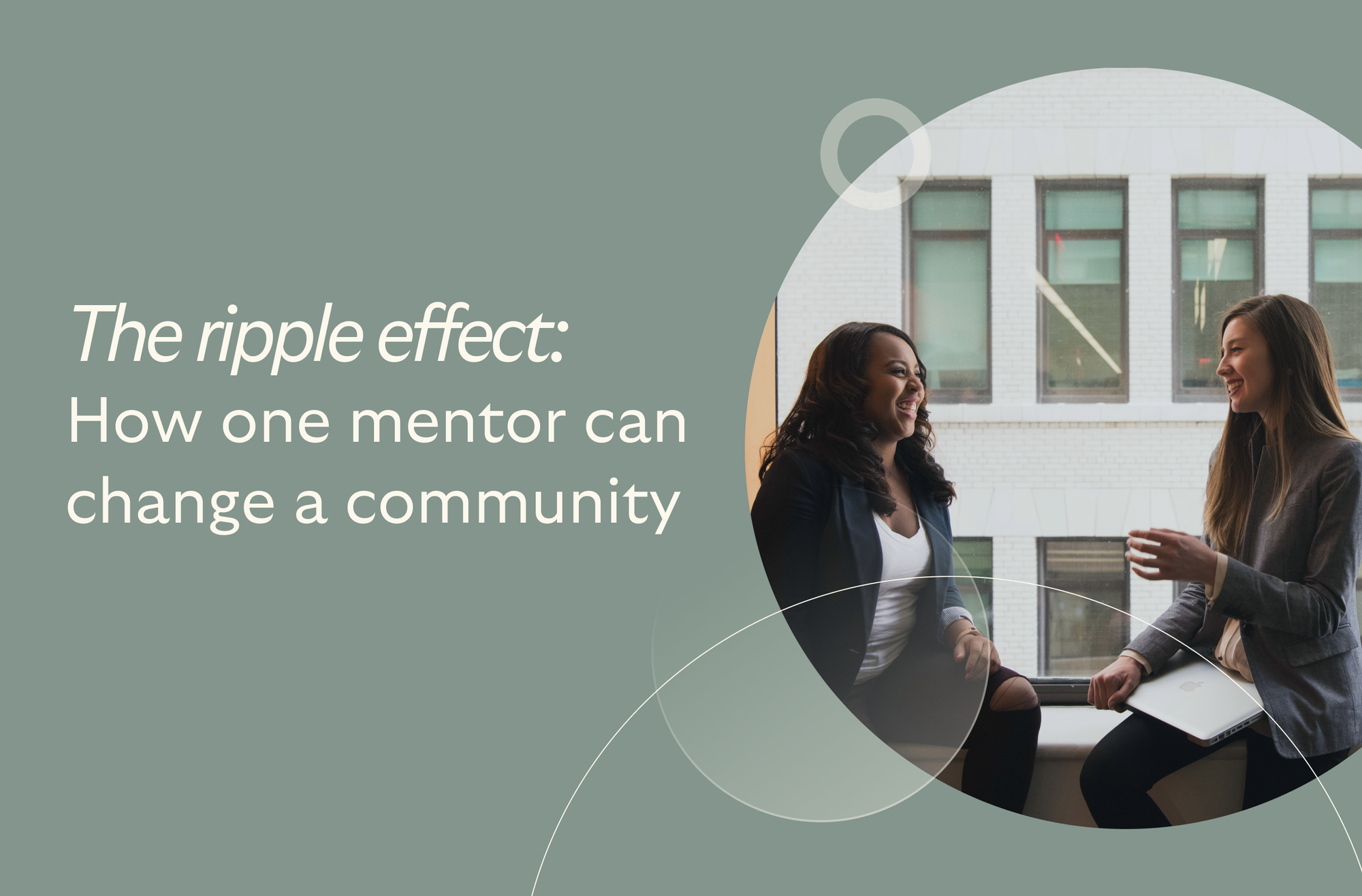Select and customize the fundraising method best suited for your organization
BetterWorld seamlessly integrates with both online and in-person auctions
Impress donors with creative raffle items and elegant online raffles
Create attractive donation pages that maximize donor impact and boost online giving
Everything You Need To Know About Donor Wealth Screening
By Whit Hunter

Understanding your donors can dramatically increase your nonprofit's fundraising efforts. Knowing who to ask, how much to ask for, and when to ask are all key elements that can shape the success of your fundraising campaigns.
While many tools and techniques can help with this, donor wealth screening, in particular, can transform the way you approach potential supporters.
Today, we will discuss everything you need to know about donor wealth screening so you can be well-prepared to use this strategy for your nonprofit.
What is Donor Wealth Screening?
Donor wealth screening is a method nonprofits use to figure out the financial capacity of their potential donors. It helps nonprofits understand who to ask for donations and how much to ask for.
How Does Donor Wealth Screening Work?
Donor wealth screening looks at different types of information to estimate someone's ability to donate. It includes:
Public Records
These are documents that anyone can look up. They include things like marriage records, birth records, and other legal documents that can give clues about a person's financial status.
Real Estate Holdings
Donor wealth screening requires looking at the properties a person owns. If someone owns a lot of valuable property, they might be able to give more money to a charity.
Stock Ownership
Checking if the person owns a lot of stock in companies also helps. Owning significant amounts of stock usually means the person has more money.
Philanthropic History
It is all about looking at a person's past donations. If someone has a history of giving to charity, they might be likely to donate again.
Business Affiliations
Knowing who a donor works with or any businesses they are connected to can be very helpful. This information can help not only figure out how much they might be able to donate but also find opportunities for corporate partnerships or sponsorships.
Benefits of Wealth Screening for Nonprofits
- Wealth screening helps nonprofits find out who might be able to give large donations. Hence, they can focus their efforts on reaching out to these potential major donors.
- By knowing who has the means to give more, nonprofits can personalize their fundraising messages to fit those donors. It can make campaigns more effective and raise more money.
- With better fundraising results from targeting the right donors, nonprofits can grow. They can fund more projects, help more people, and expand their impact.
- Wealth screening allows nonprofits to use their time and money more wisely. They spend less on broad, unfocused fundraising efforts and more on reaching the right people.
- Knowing more about donors’ backgrounds helps nonprofits build closer, more personal connections with them. It can lead to long-term support and larger donations over time.
How To Implement Wealth Screening in Your Fundraising Strategy?
Here’s how to do it step by step.
Step 1: Choose a Wealth Screening Tool
First, you need to pick a tool that can help you find out how much money potential donors might have. There are many tools available, some are free and some cost money.
Choose one that fits your budget and meets your needs.
Step 2: Gather Donor Information
Collect as much information as you can about your current and potential donors.
Find out names, addresses, past donations, and other basic details. The more information you have, the better the wealth screening tool can work.
Step 3: Run the Wealth Screening
Use the tool to check the financial status of the people in your donor list.
The tool will look at things like property ownership, stock holdings, past donations, and other public information to estimate how much each person might be able to donate.
Step 4: Analyze the Results
Once you have the results, look at them carefully. Identify the donors who have the potential to give more based on their financial information.
This group will be your main focus for big donations.
Step 5: Plan Your Approach
With your list of potential major donors, plan how you will approach them. Personalize your communication based on what you know about them.
For example, if someone has donated to similar causes, mention those causes when you reach out.
Step 6: Reach Out
Start contacting your potential donors.
You can do this through letters, emails, or even phone calls. Make sure to explain how their donations can make a difference and why they should consider giving more.
Step 7: Follow Up
Always follow up with your donors after you've reached out.
Thank them for their time, provide additional information if they request it, and keep them updated about how their money is being used.
Step 8: Maintain Relationships
Keep in touch with your donors, not just when you need money. Send them updates about your projects, invite them to events, and occasionally check in to see if they’re interested in continuing their support.
Try BetterWorld’s robust suite of charity & nonprofit fundraising tools for FREE!
Best Practices for Using Wealth Screening Information
It's important to handle donor information data ethically and responsibly. Here are some best practices and ethical considerations.
Respect Privacy and Confidentiality
Always ensure that the information collected through wealth screening is handled with the utmost confidentiality.
It's important to secure this data and restrict access to only those within the organization who need it for fundraising and donor management purposes.
Use Data Appropriately
The information from wealth screening should be used to improve fundraising strategies and donor relationships ethically.
Nonprofits should avoid using this data in a way that could be perceived as invasive or manipulative.
Transparency with Donors
It's beneficial to be transparent with donors about the data being collected and how it will be used. Explaining the purpose of data collection can help in maintaining trust and integrity in the donor relationship.
Ethical Decision-Making
When deciding how to use donor information, consider the broader impacts on all stakeholders involved, including the public and those who benefit from the nonprofit's services.
For example, it's important to think about whether accepting large donations from controversial sources goes with the organization's mission and values. Decisions should reflect the ethical considerations of all parties involved.
Regularly Update and Cleanse Data
Ensure that the donor information is up-to-date and accurate.
Regularly cleaning the database to remove outdated or incorrect information can help maintain its usefulness for fundraising efforts.
Develop and Adhere to a Gift Acceptance Policy
Establish clear policies regarding the types of gifts that are acceptable and under what conditions. It helps in making consistent decisions and provides a framework for handling potentially controversial donations.
Common Tools and Resources for Wealth Screening
Here are some popular tools and resources.
DonorSearch
This tool provides a comprehensive view of donors, combining philanthropic history, wealth indicators, and affinity towards your cause.
It's especially useful because it looks at potential donors' wealth, previous donations, and involvement with other charities, which can indicate their likelihood to give.
GivingDNA
GivingDNA integrates wealth data with demographic and philanthropic insights. It allows you to personalize your outreach more effectively.
This tool is known for its ability to update donor profiles frequently, which can help capture changes in donor behavior and financial status.
iWave
Known for its detailed donor profiles, iWave helps nonprofits score and prioritize potential donors based on their philanthropic history and wealth indicators.
It provides access to extensive databases, making it a valuable resource for targeting the right donors.
360MatchPro by Double the Donation
This software helps identify donors who are eligible for corporate matching gifts, which can double the donations without additional solicitation from the donors.
It's particularly beneficial for increasing your fundraising revenue efficiently.
Challenges and Solutions in Wealth Screening
1. One big challenge is making sure the data about a donor's wealth is correct. Sometimes, the information is outdated or wrong, which can lead to asking for too much or too little money from a donor.
Solution: To keep data accurate, nonprofits should regularly update their donor information. It can be done easily by checking back with donors and using updated databases.
2. Donors care about their privacy. Nonprofits must handle donor information carefully to avoid any breach of trust or legal issues.
Solution: Always follow laws about data protection. Let donors know how their information will be used and give them a choice to opt out if they prefer.
3. Wealth screening tools can be expensive. This is tough for smaller nonprofits that don't have a lot of money to spend.
Solution: Look for tools that fit your budget. There are some less expensive or even free tools that can do a good job.
4. Sometimes, staff at nonprofits don't know how to use wealth screening tools effectively. It can make the tools less useful and lead to missed opportunities.
Solution: Invest in training for your team. Understanding how to use the tools properly will make them more effective.
5. Relying too much on these tools can be a problem. It's important to remember that wealth data is just one part of understanding a donor.
Solution: Use wealth screening as a starting point. Combine this with personal interactions and other types of research to fully understand and engage your donors.
Why Nonprofits Should Use Donor Wealth Screening?
Donor wealth screening is a great tool for nonprofits. It helps you find out which people are most likely to donate and have the means to do so. It saves time and resources.
Instead of asking many people who might not be ready to give, you can focus on those who can help right away.
On top of that, donor wealth screening makes your fundraising efforts more efficient. It allows you to match your organization's needs with donors who are interested and able to support your cause.
Every nonprofit should consider using this method. It doesn't just increase the chances of getting donations. It also builds smarter strategies for future fundraising.

Join 105,000+ amazing nonprofits, organizations, and fundraisers on BetterWorld

Let our FREE fundraising tools help you raise more funds with less effort








